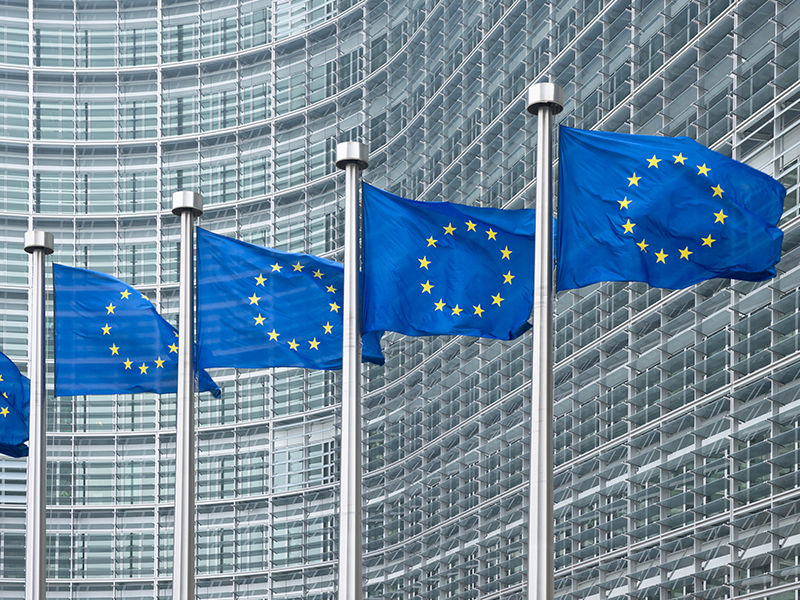The EU has provisionally agreed to ban carbon neutral claims that rely on offsetting.
On Tuesday (September 19th) the Parliament and Council agreed the new rules, which also include bans on generic environmental claims such as ‘biodegradable’ and ‘eco’ unless there is “proof of excellent environmental performance relevant to the claim”.
In order to become law, the provisional deal will now have to receive a final OK from both the Parliament and the Council. The vote by MEPs is expected to take place in November.
NGOs who have been campaigning for the bans welcomed the news.
“Today marks the end of outlandish and baseless advertisements that tell European consumers that they can take carbon-neutral flights, wear carbon-neutral clothes, and eat carbon-neutral food,” said Lindsay Otis, policy expert on global carbon markets at Carbon Market Watch. “The European Union is taking leadership in combating greenwashing,” she added.
This week The Guardian, which has led the charge in challenging the use of offsets, published a damning assessment of the top 50 projects. The research, conducted with non-profit watchdog Corporate Accountability, showed 39 were “junk” and could not guarantee additional, permanent greenhouse gas cuts. Some £937m of carbon credits had so far been traded on these projects.
The latest decision in Brussels concludes negotiations on the empowering consumers for the green transition (ECGT) directive, which the European Commission published in March 2022, with the intention of updating existing EU consumer protection legislation that was no longer fit for purpose.
The decision could have ripple effects on the voluntary carbon market (VCM), as well as other EU legislation in the pipeline, including the green claims directive. In the UK, regulators are also investigating green claims made by food companies; the digital markets competition and consumer bill could provide the Competition and Markets Authority with considerable new powers to fine companies that mislead consumers. “The risk from claims and advertising generally is about to seismically shift,” wrote Dominic Watkins, partner and global head of consumer sector at law firm DWF last month.
The VCM has been hit with a number of scandals in recent months, and those involved have reacted by launching updated frameworks and tightening the rules to ensure “high integrity” carbon credits. Climate Impact Partners, a consultancy operating in the market, recently noted that companies with a carbon neutral target are “twice as likely” to disclose their annual scope 3 emissions than companies without one. Research by Trove has also showed those making carbon neutral claims reduce their emissions faster.
However, some corporates have already dropped their carbon neutral claims or dramatically reduced their investments in carbon credits. Food and drink brands including Leon, Evian and Sodexo have all phased out their claims or targets relating to carbon neutrality.
This week’s agreement in Brussels updates the existing EU list of banned commercial practices and adds to it several problematic marketing habits related to greenwashing. A ban on sustainability labels not based on approved certification schemes or established by public authorities has also been agreed.
“The new rules are putting some order in the green claims’ chaos,” said Ursula Pachl, deputy director general at BEUC, the European consumer organisation. “Companies will have to explain why a product is environmentally friendly. This is crucial if we are to guide consumers to make more sustainable consumption choices.”
When the directive comes into force, member states will have 24 months to incorporate the new rules into their law.









